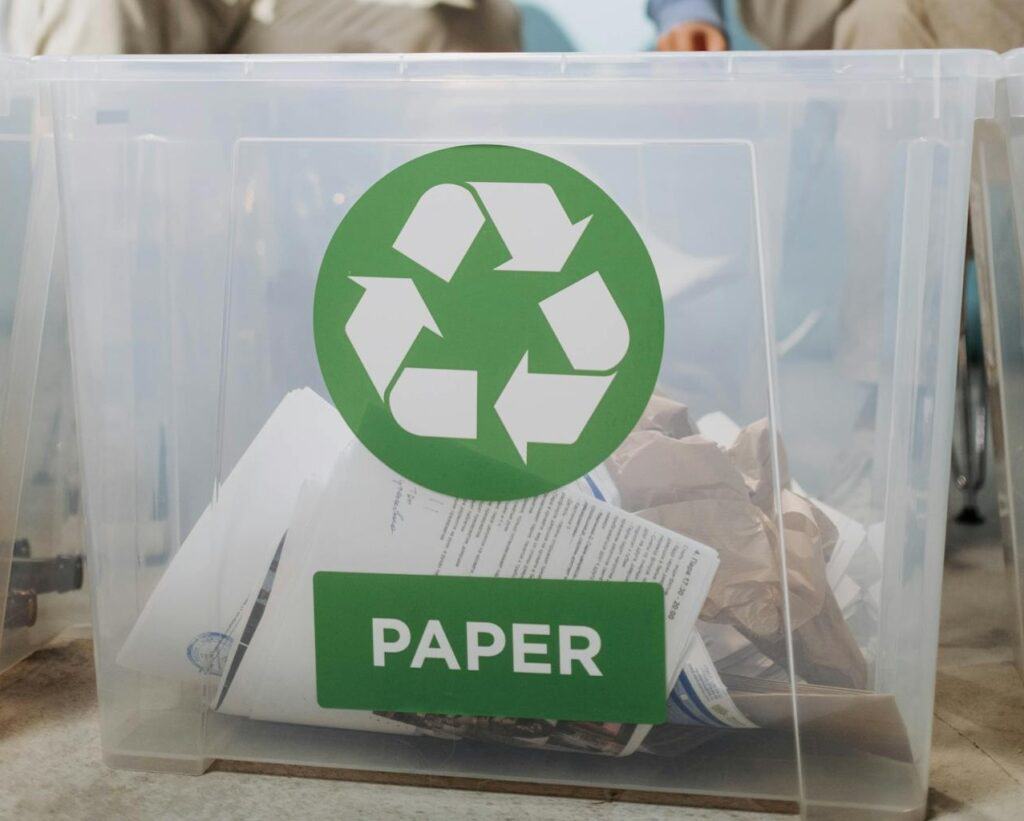One of the leading reasons why the UK continues to be a leader in innovation is because of the R&D funding that’s made available. It stands for Research and Development, and is designed to help UK registered businesses that work on specific projects relating to science and technology. While there are parameters as to what does and does not count as qualifying work, the criteria are quite broad. The key thing is that it can’t be used for projects relating to theoretical or social science fields. The work must advance science or technology in some way.
How Does R&D Tax Credit Work?
So how does it work? Essentially, a company who’s working on a project that they intend to one day bring to market can get tax relief through R&D funding. An example would be if a company was working on an electric car battery that could charge more quickly than the ones that are currently made available; that’s a clear example of an R&D project that would push the field forward.
However, it’s important to remember that it’s not just the headline-grabbing projects that are eligible for this type of funding. Many projects are, including ones related to companies that are involved in the waste and recycling sector. Companies working in this field can bring a lot of good and which can innovate UK, and very often come up with innovative, high level ideas that make waste management and recycling much more manageable and have a good environmental impact. They’re offering long term solutions to problems that are causing issues on both a short- and long-term basis (or at least, they would without the help of these companies). They’re coming up with new structures and technologies that affect all levels of the supply chain. In an age when oil gas and other fossil fuel companies need to change, it’s very often the work of companies in this sector that are in charge of developing and implementing changes, using R&D tax relief.
Many Eligible Companies In The Waste And Recycling Sector Are Missing Out
There are technical challenges to improving waste management, and overcoming the problems can be cost-prohibitive. It’s this kind of problem that the government had in mind when they were developing the concept of R&D projects. It can support research for a wide range of companies in this sector. Many companies don’t think that they’re eligible for this type of funding, but they are. If you’re working on research with a large potential impact, then you’ll probably be eligible.
How Do I Claim For R&D Tax Credits?
The best way to start is to figure out whether you’re able to claim. This is an easy task. SME R&D tax credit specialist firm Veritas Noble provide a free service that you can use to determine your eligibility. All you need to do is get in touch, and they’ll walk you through the process. If you’re able to get funding from the company, then you’ll pay them a fee for the service — but crucially, only ones you have been approved for the funding. Working with experts help to demystify the rules and processes of getting funding which is more widely given than you might think.








